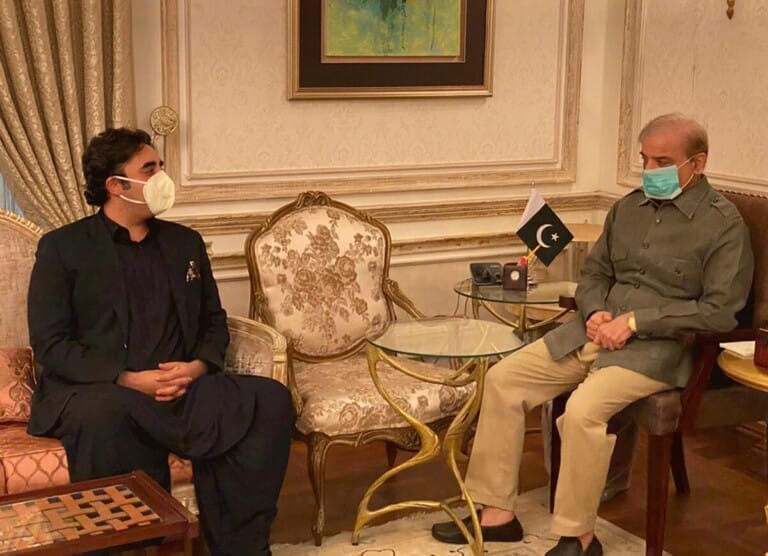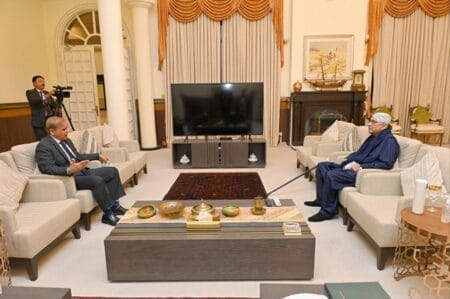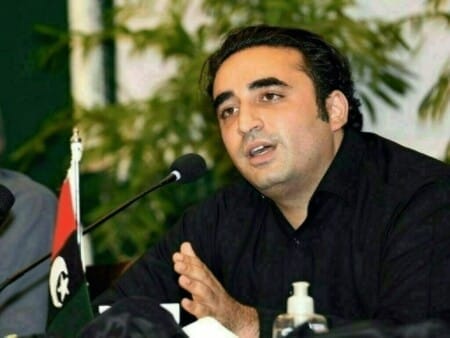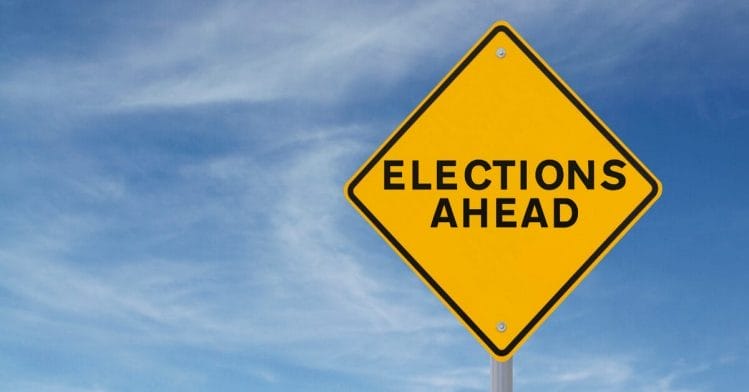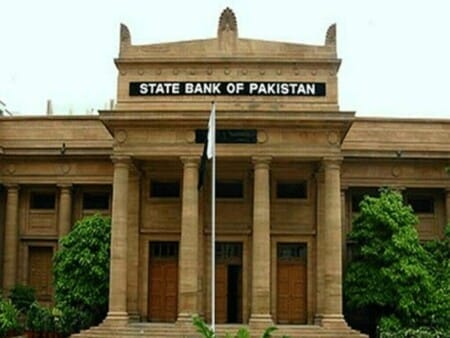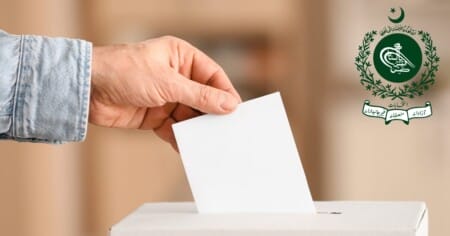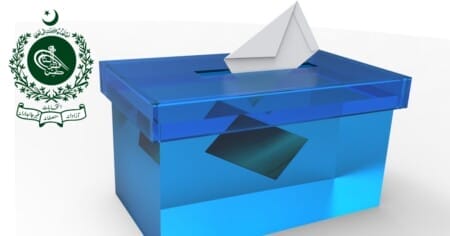In the heated run-up to Pakistan’s general elections set for February 8th, the political arena buzzes with a blend of challenges and rhetoric as leaders from major parties sharpen their narratives. The latest twist? A public debate call-out between venerable political entities that sets a new precedent in Pakistan’s electoral process.
Shehbaz Sharif, the President of Pakistan Muslim League-Nawaz (PML-N), recently addressed a rather unconventional invitation directed at his party’s Quaid, Nawaz Sharif. The invitation extended by PPP Chairman Bilawal Bhutto-Zardari proposed a U.S.-style pre-election debate, a move that seems aimed at not just energizing their respective political bases but also at providing a more transparent pre-election environment.
Read: Nawaz Sharif Reveals PML-N Manifesto to Unite Voters
Shehbaz Sharif, rather than welcoming this suggestion for a conventional debate, countered that it would be more illuminating for Nawaz Sharif to be invited to survey the development efforts in Sindh, a province under PPP’s rule for over a decade and a half. According to Sharif, such an inspection could serve both as a comparison and a debate on its own, shining a light on the tangible accomplishments of their governance.
Bilawal Bhutto-Zardari, heir to the political legacy of the Bhuttos and a prominent voice in the PPP, has been vocal about holding the PML-N leadership, particularly Nawaz Sharif, to account in his election campaign. Bilawal’s challenge, disseminated through social media, emphasizes the global practice of televised debates, underscoring the importance of an informed electorate.
The political stage in Pakistan has long been a battleground for influential dynasties like the Sharifs and the Bhuttos. With Bilawal positioning himself as a prime ministerial candidate and Shehbaz Sharif upholding the achievements of his brother Nawaz, the discourse hints at a classic showdown of ideologies and legacies.
Shehbaz Sharif’s response to the debate challenge came during a significant political gathering in Rawalpindi’s Liaqat Bagh. Emphasizing Nawaz Sharif’s contributions, such as the introduction of free medicines in Punjab’s hospitals, he also took the opportunity to critique the former government led by Pakistan Tehreek-e-Insaf (PTI) and its head, Imran Khan. By questioning PTI’s achievements during their tenure, Shehbaz laid the groundwork for a campaign that looks to stir a sense of nostalgia for the PML-N’s past governance.
Moreover, the PML-N president touted the large-scale welfare projects initiated during previous tenures of his party, including infrastructure advancements like the Motorways and public services such as the Laptop scheme and the metro bus service for Rawalpindi. These projects, he insists, stand in stark contrast to the PTI’s alleged lack of contributions to the city and its denizens.
Read: PPP Introduces ‘Chuno Nai Soch Ko’ as Election Manifesto
As politicians trade barbs and extend challenges, the essence of democratic choice becomes ever more vibrant in Pakistan’s political milieu. As the date of the general elections looms closer, the political climate intensifies with promises and assertions from all sides, each vying to affirm their vision for the nation’s future.
In the grand narrative of Pakistan’s electoral politics, the proposed debate and subsequent responses underscore a fundamental democratic exercise—scrutiny of the past and propositions for the future. As the electorate observes these political maneuvers, the underlying hope is that the outcome of such discourse will ultimately serve the people of Pakistan and chart a course towards sustainable development and prosperity. With the narratives set and the campaigns in full swing, the nation watches on, anticipating the choices that will shape its future trajectory.
What’s your take on Pakistan’s Elections 2024? Let’s know about your thoughts in the comments below!





